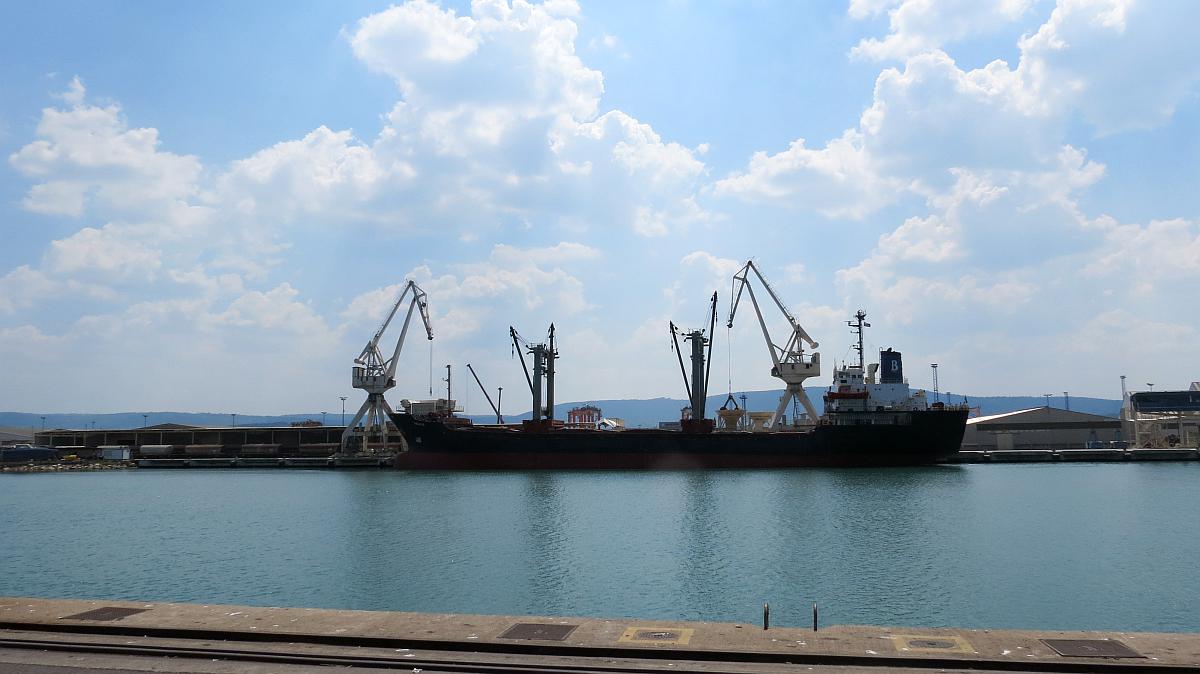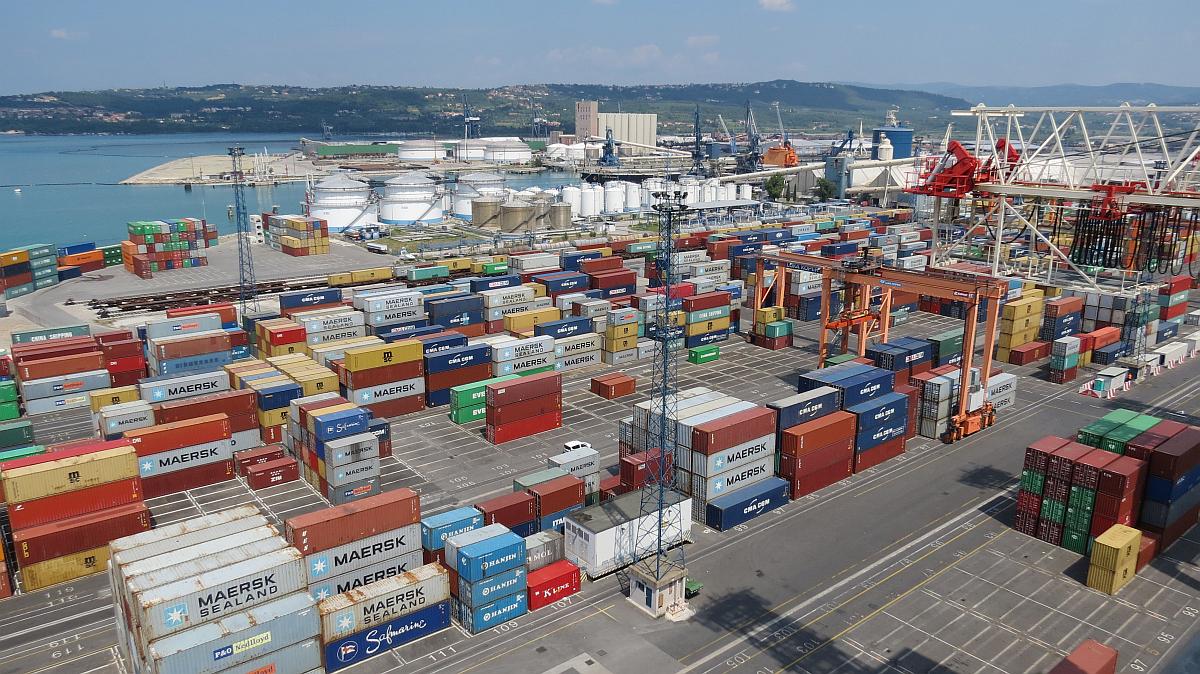
The Port of Koper consists of 12 terminals, each dedicated to different types of cargo: containers, motor vehicles, livestock, fruit, wood, minerals… The container terminal, spreading over more than 600 metres of the coast, i.e. one half of the available quay berths in the Basin I around which the Port of Koper was built, is presently the largest by its traffic volume. Last year more than 674,000 containers passed through it.
Yet the Port of Koper remains a hot chestnut for a number of reasons: the second track, distribution of the port concession, the question of ownership, traffic connections… The successful coastal company owned by the state and the municipality has always held attraction. The Port thus remains trapped between the municipal interests of Koper and Ankaran on one side, and the state and state companies on the other, all of them trying to take their share of the rich prize.
There is no doubt that the prize is tempting. Last year the revenue amounted to almost 164 million euros, with just below 30 million euros of net profit. But there is another side to this prize just waiting for someone to take possession of it, and that side is more real. Somebody had to create all of it. Somebody had to handle 19 million of tons of cargo which brought profit to Koper, Ankaran, the state, and to others. Well, not just anybody, but almost 6,000 workers who earn their daily bread at the Port of Koper.
For many of those workers their job is not just any job, and the Port of Koper is not just any company. Quite the opposite! Several generations of families have been working at the Port of Koper, and for many employees the Port is »our port«. At least one of the members of every fourth family from Koper works at the Port of Koper. And at least twice that much could get jobs there, depending on the adequate infrastructural development, claim the representatives of the company. That would make possible to new generations of coastal families to continue to work at the Port, which they consider their company.
Andrej Čebokli
Translated by G. K.


































































